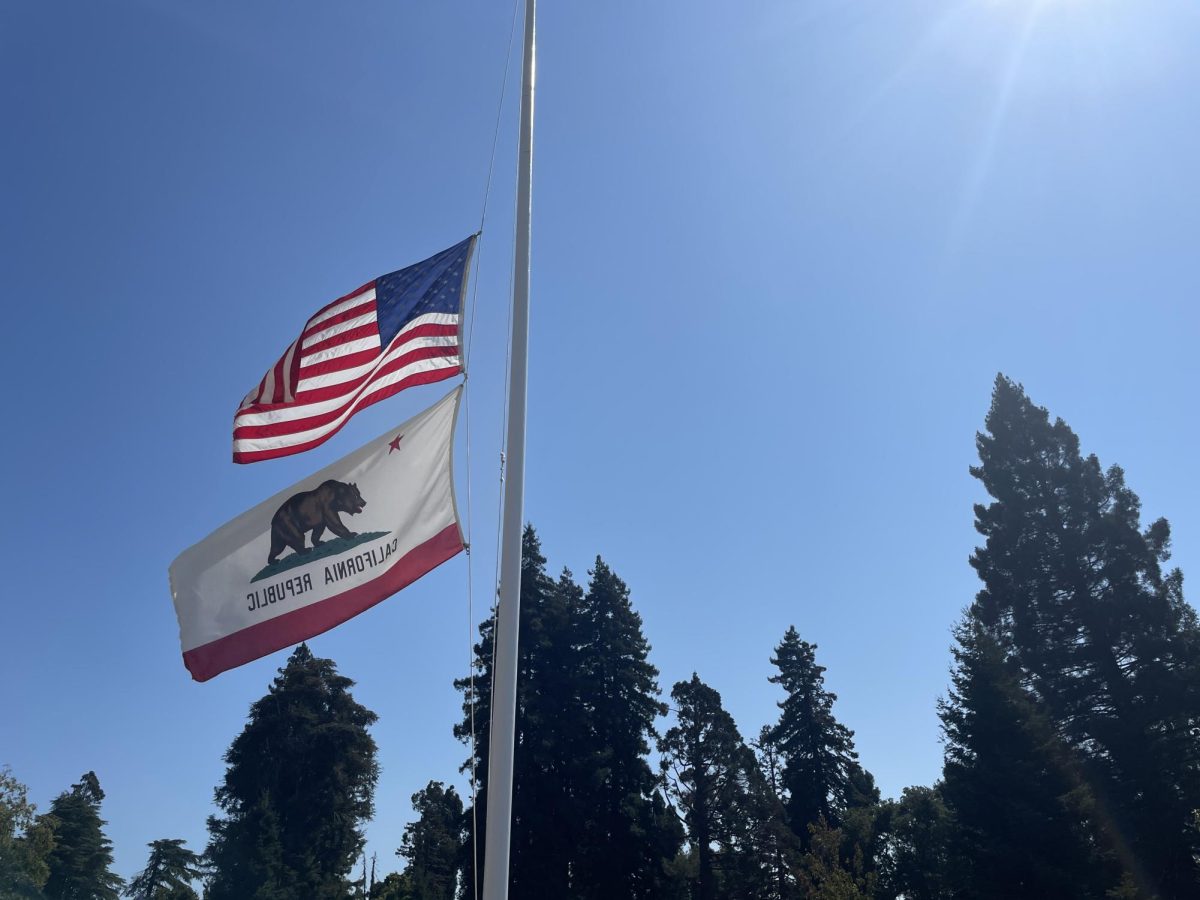On Sept. 5, 2023, attorney Christopher Lee Kaufman and financial education non-profit founder Timothy J. Ranzetta proposed a ballot initiative to make one semester of financial literacy classes a high school graduation requirement in California.
If the measure qualifies for the 2024 ballot and is approved by voters, California would become the eighth state to make financial literacy courses mandatory.
These statewide measures attempt to fulfill an unmet need in schools, responding to studies like that by the Program for International Student Assessment (PISA), which concluded that 22% of American teenagers struggle with understanding essential financial concepts like budgeting, saving, investing, and managing debt.
The PISA results further indicated that American students’ financial literacy levels have remained stagnant over the past few years, highlighting the need for more comprehensive and effective financial education programs in schools.
“I firmly believe that students should be learning personal finance before college. It’s one of the few topics that students need to have a basic familiarity with, regardless of whether they’re going to college, what kind of college, what job they want to pursue, everybody truly needs it,” government and economics teacher Alex Gray said.
While in high school, Gray struggled to learn financial literacy due to an ineffective curriculum.
“My teacher just played ‘Shark Tank’ the whole time. She taught us how to balance our checkbooks, which people don’t balance their checkbooks anymore. That’s all I came out of economics knowing,” Gray said.
Advanced Placement (AP) United States History and Government and Economics teacher Elizabeth Bellas is also passionate about bringing financial literacy education to high school.
“I feel passionate that we should require financial literacy courses in school. I feel fortunate to teach [some aspects of financial literacy in] college prep Economics,” Bellas said.
While the college preparatory Economics class contains some lessons on financial literacy, the AP version does not, hence students who choose the accelerated class miss out on crucial financial skills. When students graduate, they’ll leave their AP Government class not knowing the crucial financial skills needed to pay taxes, spend responsibly, and build savings.
Sophomore Anya Malhotra, president of the Youth Business Club in Burlingame, started the club to help fellow students navigate entrepreneurship, basic finance, and accounting. She believes that financial literacy is crucial for the future and should be implemented in the school curriculum.
“I’m kind of figuring it out as I go with the club. But what I know is that it’s super key and very important to future success in life, for education, for paying for college, and eventually putting a mortgage on the house,” Malhotra said. “I just think it’s like the backbone of every important life decision. It’s super important to get all those values down in high school.”
Similarly to Malhotra, senior Isaac Van Voorhis works with Finatic, a non-profit organization that creates financial literacy lesson plans for schools. Their goal is to demystify financial literacy through engaging and innovative lessons.
Finatic also connects the over 26 schools in its network with financial literacy workshops and guest speakers to encourage students to hone their finance skills.
“I’m an outreach coordinator,” Van Voorhis said. “We’ve partnered with Bank of America so we’re able to use a lot of their speakers who are investment bankers or commercial bankers, and then provide that as a service to clubs so they can host members and have them talk to people.”
Finatic’s partnership exposes students to professionals such as investment and commercial bankers, destigmatizing financial literacy and helping students transition toward financial independence.
“The earlier you start investing and saving and making those smart financial decisions, the better,” Gray said. “If you wait until later and teach yourself personal finance after graduating from college, you’ve already lost several years when you could have been making money. There are all kinds of different ways to use your money wisely. And the earlier you do it, the better.”
Van Voorhis has also written a book on basic investing for kids and teens that serves as an accessible and engaging introduction to the world of finance and investing. The book guides young adults through the process of making investments and entering the stock market.
“High school students presumably or like young adults are the biggest challenge I’d say because I think there aren’t too many expenses for most high schoolers. I think that tends to kind of cloud people’s judgment on how much they should spend,” Van Voorhis said.
Both Van Voorhis and Malhotra feel that a mandatory class would go a long way toward addressing financial literacy gaps by ensuring participation from all students, unlike a self-selecting course, which doesn’t guarantee full enrollment.
“I think even just a semester required in the course would incredibly skyrocket everyone’s future success. And I think it would also kind of stimulate a sort of skill that we aren’t taught in school, like life skills,” Malhotra said.
At the end of the day, it’s important to remember that financial literacy isn’t just managing money — it’s a life skill necessary beyond school.
“What’s cool about financial literacy is you can use it in a lot of aspects for doing service to your community,” Van Voorhis said. “And I think financial literacy is a great way to learn more while helping people.”


















































Sebastian Mora • Mar 27, 2024 at 5:09 pm
A less common argument against guaranteeing that all high school students to take a one semester course in personal finance is that home economics is not a college-preparatory course. I must disagree. It doesn’t prepare you for just college. It prepares everyone!
Tim Ranzetta • Mar 8, 2024 at 6:59 pm
Thank you for highlighting the importance and value of financial literacy. It is why I started Next Gen Personal Finance a decade ago to guarantee every high schooler in America would benefit from a personal finance course. It’s why I’m leading the ballot initiative in California so high schoolers in our state will benefit like students in 25 other states. Our office is in Burlingame too! Please let me know if you’d like to learn more. I’d be happy to visit your school. Regards, Tim